Tuesday, May 14, 2024
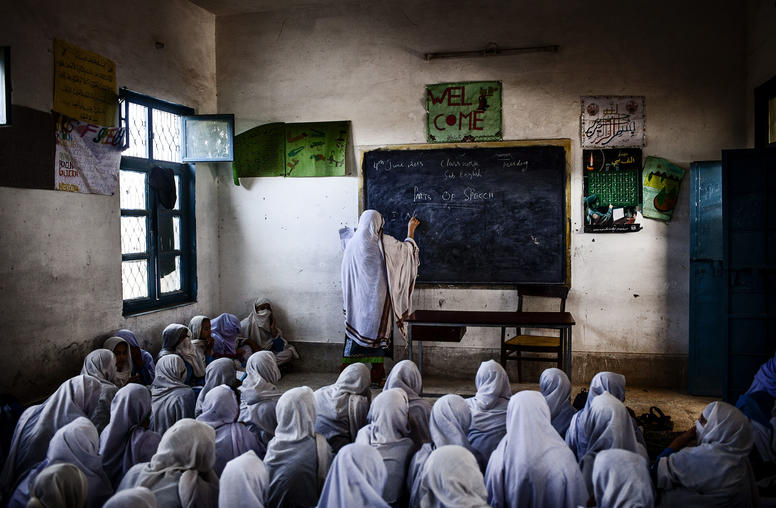
How ‘Teleschool’ Can Revolutionize Pakistan’s Education System
For decades, children’s media has been curiously absent in Pakistan. That changed last week when state television launched a new channel, Teleschool, in the wake of school closures due to COVID-19. With the Pakistani curriculum now beaming into millions of homes nationwide, the country has a chance to re-think the content of its failed education system and how children’s television media can help fill the gap.
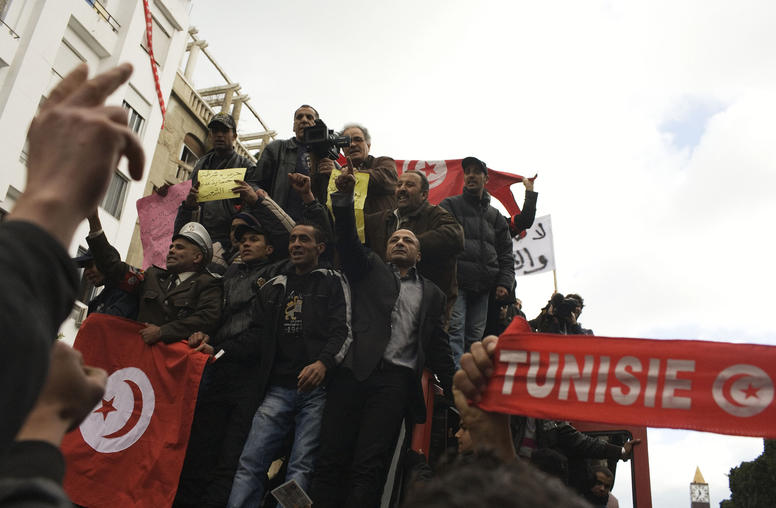
Tunisia’s Citizens and Security Forces Come Together to Combat Coronavirus
As COVID-19 began to sweep the globe, the Tunisian government implemented strict measures to stem the spread of the virus, knowing the country’s underprepared health system would be overwhelmed by a widespread outbreak. Beginning on March 17, authorities enforced a 12-hour curfew. Days later, 400 were arrested for breaking that curfew. “Anyone who breaks the security rules will be treated as a criminal because failing to respect rules within the context of the pandemic is a crime,” said Interior Minister Hichem Mechichi. Many Tunisians have bristled at what they see as an overly securitized response.
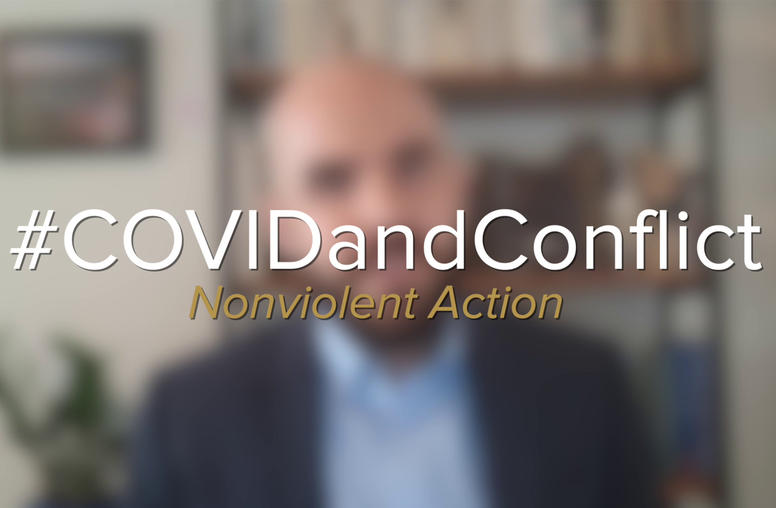
COVID-19 and Conflict: Nonviolent Action
USIP is closely following the effects of the novel coronavirus around the world and we’re particularly concerned about its effects in fragile states and conflict zones, which are especially vulnerable to the impacts of these kinds of outbreaks. This week, our Jonathan Pinckney looks at the impact on nonviolent action and popular movements around the world. How can people advance their demands when they need to stay socially distant?
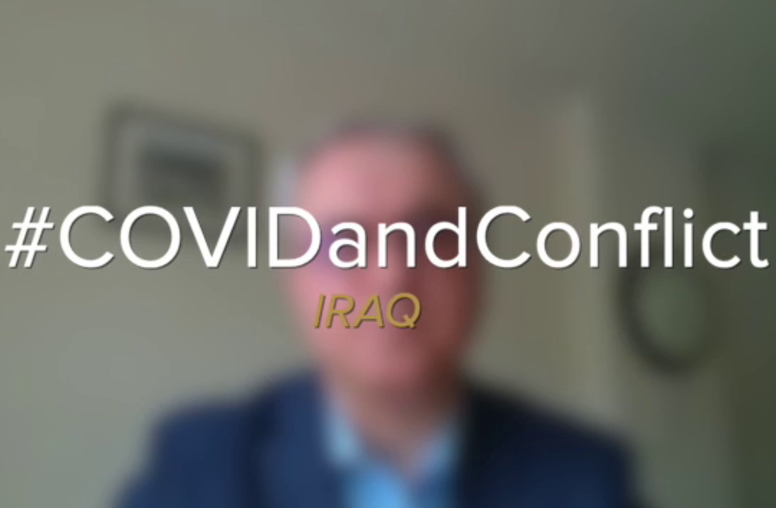
COVID-19 and Conflict: Iraq
USIP is closely following the effects of the novel coronavirus around the world and we’re particularly concerned about its effects in fragile states and conflict zones, which are especially vulnerable to the impacts of these kinds of outbreaks. This week, our Sarhang Hamasaeed at three of the major ways this crisis is affecting Iraq: its politics, its security, and its relationships with Iran and the United States.
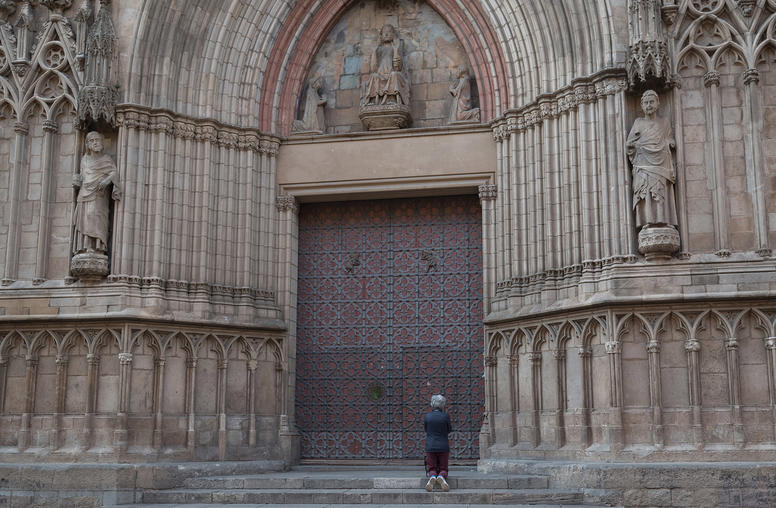
Religions Confront the Coronavirus
This month sees the confluence of three major religious holidays—Christian Holy Week, Jewish Passover and the start of the Muslim holy month of Ramadan—observed by half of the world’s population. In normal times, these holidays provide opportunities for followers to gather in homes and places of worship for ancient practices: sharing meals, reading scripture, joining in prayer. These aren’t normal times, however, as the coronavirus pandemic has emptied usually crowded religious sites. Mecca in Saudi Arabia, St. Peter’s Square at the Vatican, Shwedagon Pagoda in Myanmar and the shrines of Jerusalem are among those emptied of visitors and pilgrims.
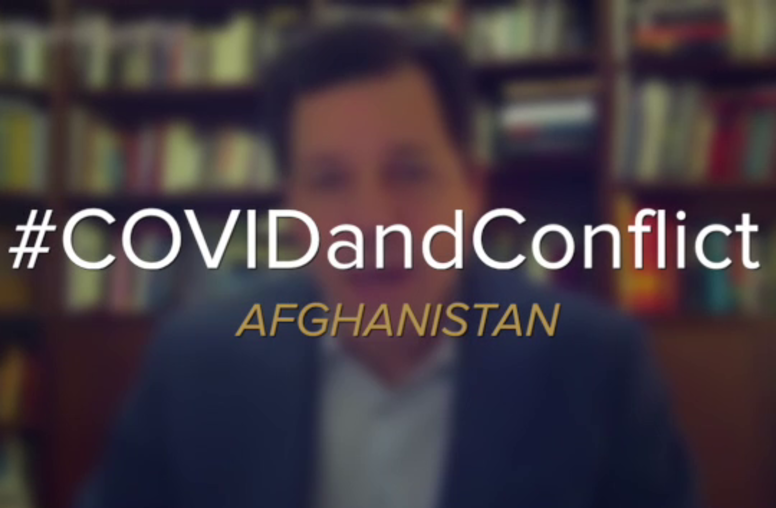
COVID-19 and Conflict: Afghanistan
USIP is closely following the effects of the novel coronavirus around the world and we’re particularly concerned about its effects in fragile states and conflict zones, which are especially vulnerable to the impacts of these kinds of outbreaks. This week, our Scott Smith looks at the potential impact on Afghanistan, how NGOs and religious organizations are working to combat the spread, and what it means for the Afghan peace process.
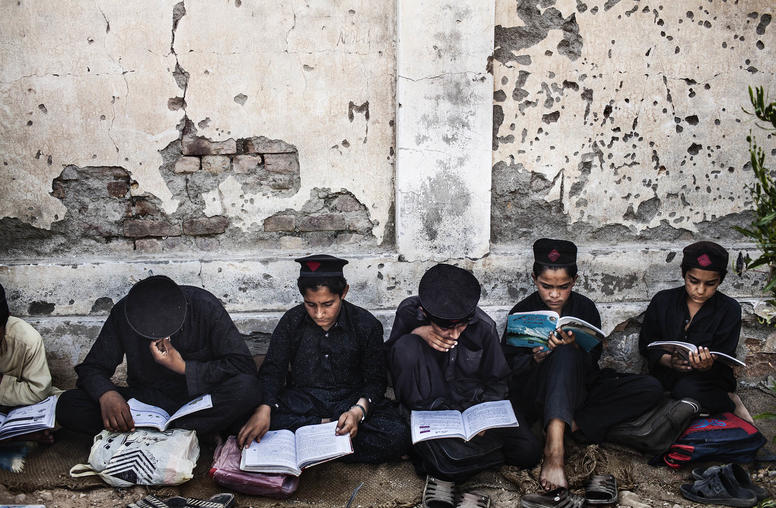
How to Handle Pakistan’s Corporal Punishment Problem
Shameen, a ninth grade teacher in a low-cost private school in Islamabad, frequently turns around from the whiteboard to shout at the children for slouching and making noise. “Why are you smiling? Sit properly!” she calls out to one of the students. Holding a stick wrapped in tape, she asks students to open their hands and then smacks their palms several times whenever they fail to answer her questions correctly. This is an all too common scene from an average school in Pakistan—and sometimes it can be much worse.
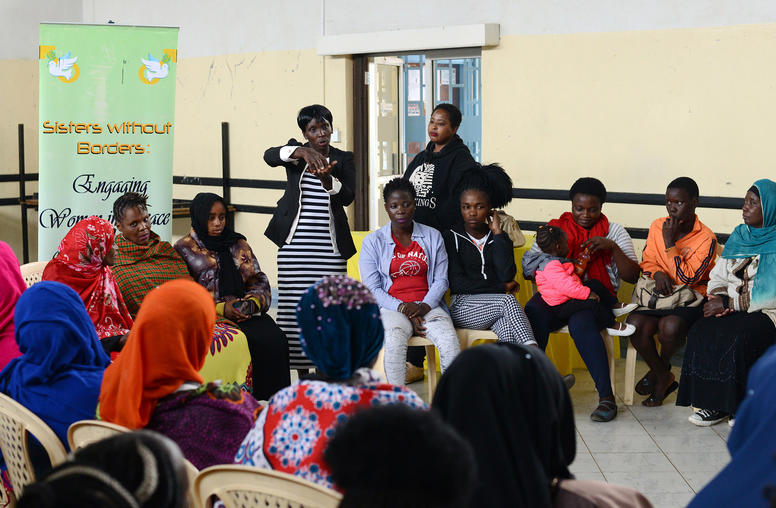
How Kenya’s Women Are Preventing Extremism and Violence
A group of women gathered recently in Kiambu, an overcrowded Kenyan town, to build their local response to a national problem: recruitment, especially of young men, by extremist groups such as al-Shabab. Kiambu’s women form one of several groups nationwide that are launching local dialogues—typically among community members and authorities—to build well-rooted efforts to counter extremist influence. These groups are part of a network called Sisters Without Borders, which has risen from Kenya’s grassroots over the past five years. On the upcoming International Women’s Day, the story of Kenya’s sisters is worth noting as a success for women building peace and confronting terrorism in their homelands.

Discovering Peace Through Art in Afghanistan
“I don’t know peace. I grew up in war. Peace for us in Afghanistan … we really don’t know what this word ‘peace’ means.” –Omaid Sharifi, cofounder of the Kabul-based ArtLords
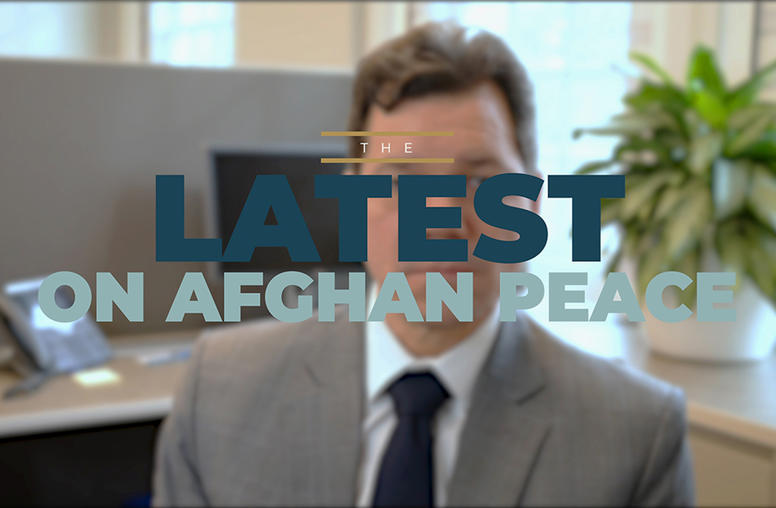
The Latest on U.S.-Taliban Talks: 3 Things You Need to Know
The U.S. and Taliban have reportedly agreed to a deal to reduce violence, which could ultimately lead to an end to the war in Afghanistan. USIP’s Afghanistan experts explain how the deal could be an important step to sustainable peace, what subsequent intra-Afghan negotiations would focus on and what the agreement means for Afghan women.
